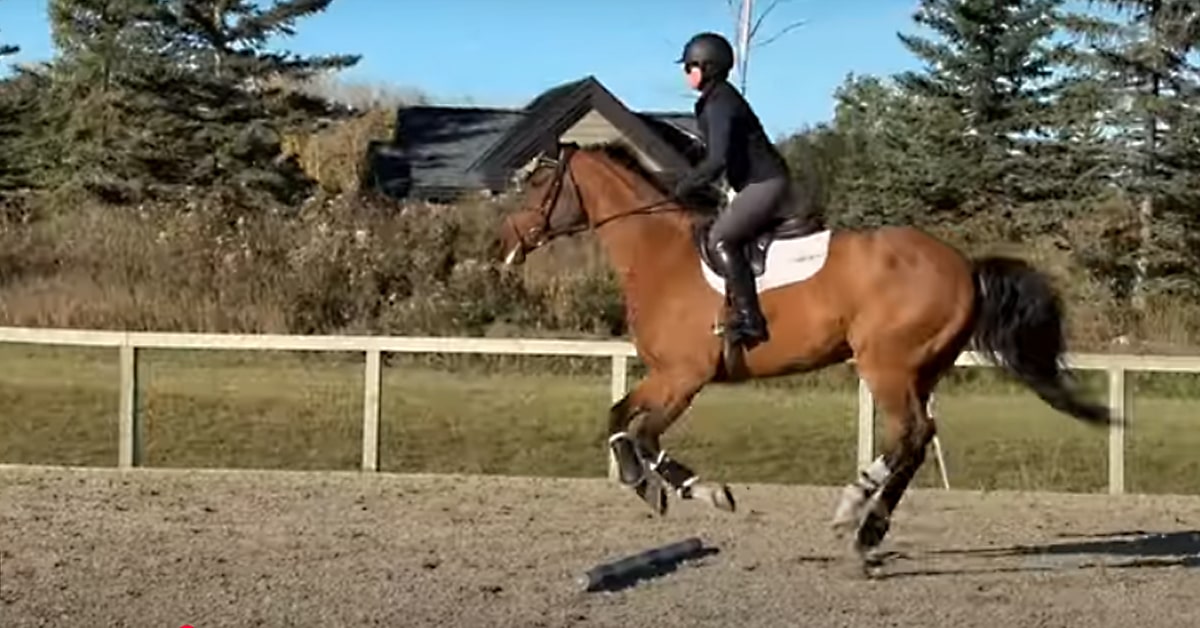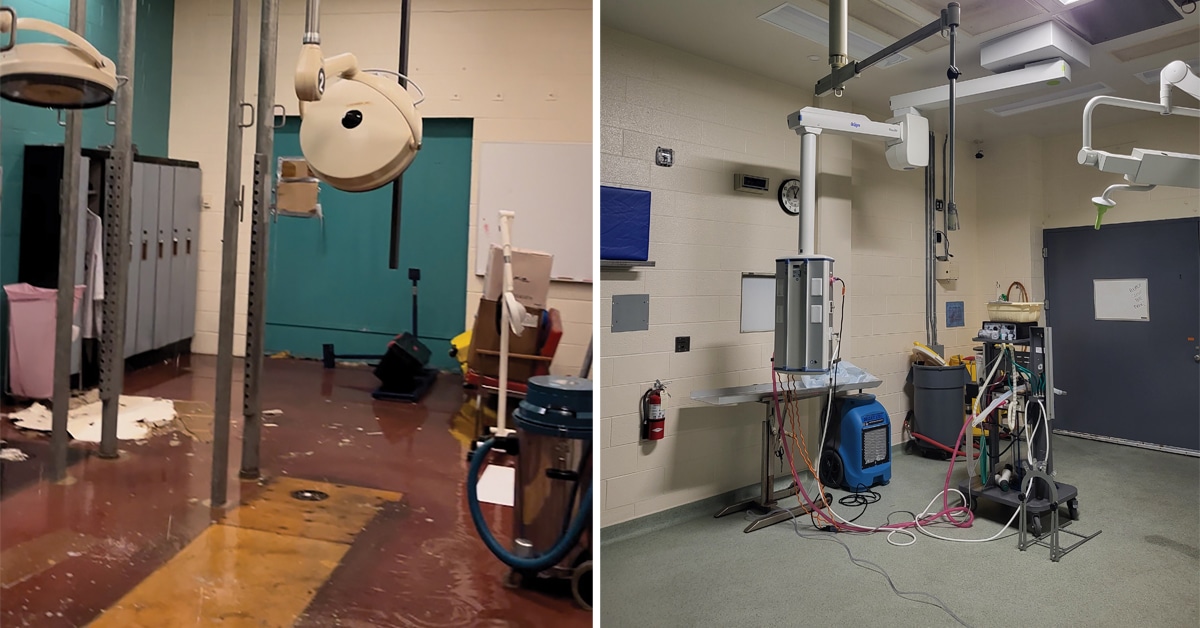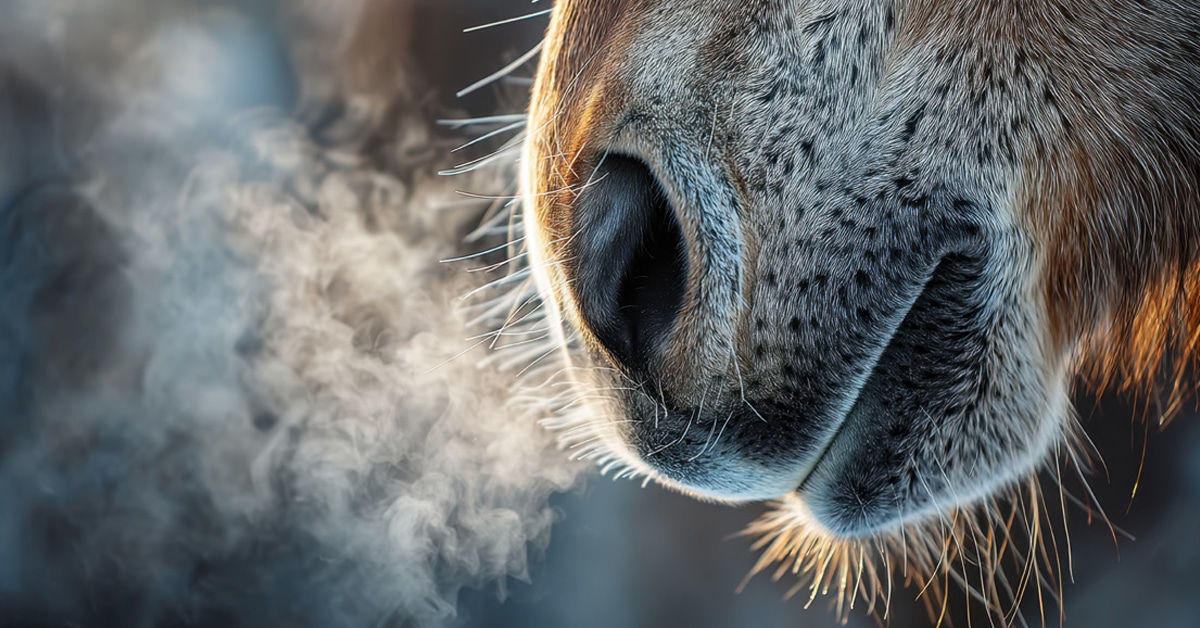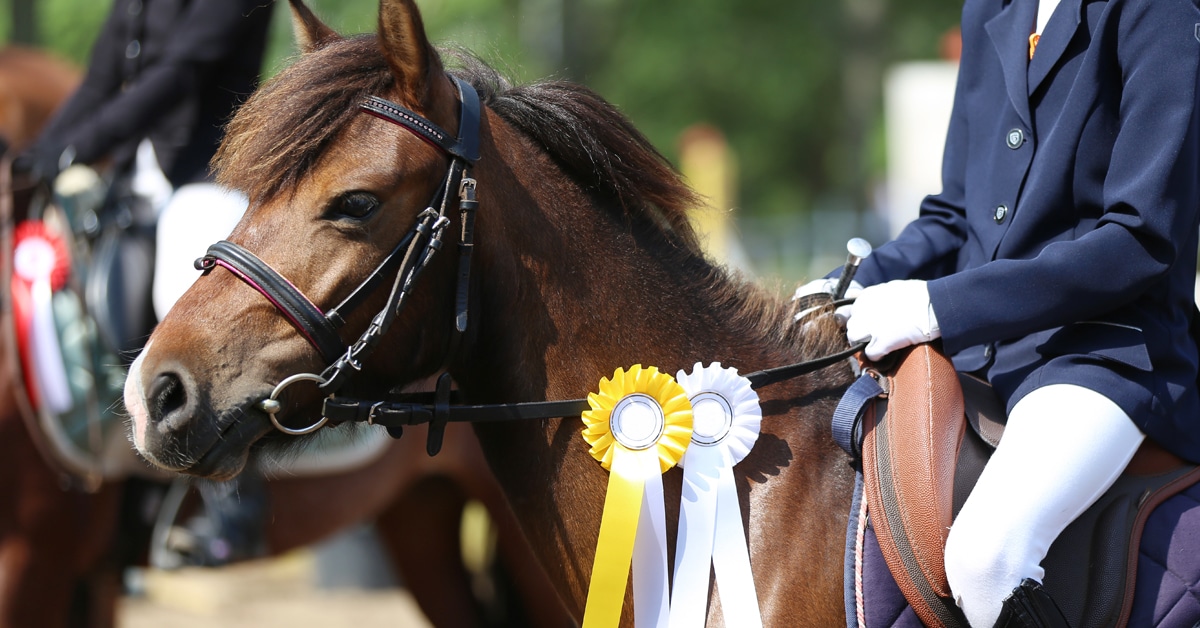When it comes to the psychology of your ride, the list of skills you need to acquire can seem a little overwhelming. One thing is certain: you want to be the best you in the tack you can be, you want a more confident rider-self. One way to pursue this goal is to build your “self-efficacy”.
Self-efficacy is defined as the belief in your capacity to execute certain actions in order to achieve a specific outcome. In other words, do you believe you have the skills and behaviours it takes to get the job done in the ring?
Not surprisingly this theory, originally proposed by researcher Albert Bandura, plays a significant role in athletic performance. The question is, how do you approach your sport in a way that builds self-efficacy?
If you don’t take responsibility, you can’t really take credit, either.
Take control of your development as a rider
High self-efficacy means you feel effective as a rider. You believe you have some control over the outcome of your rides. When you complete a ride, you know the ways in which you applied yourself to get the result.
This type of rider comes out of the show ring being able to identify what skills were applied effectively (I made good use of the corners in re-establishing a rhythmic pace) and which were not (I over-corrected that lead change and irritated my horse). Riders strong in self-efficacy tend to not see errors as catastrophic, like a failed lead change, but rather instructive in shaping a better future outcome.
As you can see, this rider owns their ride because they understand a simple truth: if you don’t take responsibility, you can’t really take credit, either. Your rides become events where you were either lucky and it worked out, or you were not.
Riders low in self-efficacy are the ones that come out of the ring with no idea what happened or what role they played in the outcome; they are just happy they survived. Unfortunately, this rider will not grow in their belief about their riding competencies, and as a result will not grow their confidence.
Taking more responsibility and control over your development as a rider means you view your coach as a consultant instead of someone who just tells you what to do and when you are wrong. It means you have had an active role in determining of the most important skill or goal you are currently working on, and with the assistance of your coach, know how you evaluate your progress.
Goal-setting
This leads us to the importance of goal-setting and getting into your ‘stretch zone’ in establishing strong self-efficacy.
Riders who are low in self-efficacy tend to see challenges as threats they should avoid. For example, “I can’t ride in that lesson with all those people watching, I will wait for the later one.” They often avoid setting goals or don’t follow through on the ones they do set, as a kind of misguided self-protective measure.
Getting yourself into the ‘stretch zone’ means recognizing those challenges as areas to grow. So, “Yes, I will take that lesson with everyone watching every week. It will help me learn to get over the fear before show season begins.”
To grow your self-efficacy, a good idea is to set goals reasonably and break them into smaller sub-goals and work on achieving them one at a time – or go after small wins. Small wins are any task you accomplish that aligns with your intentions toward achieving larger goals.
Let’s say that you intend to be more in control of your emotions while in the saddle. A small victory might simply be noticing the tightness you feel when frustrated with your horse. You noticed, so this is a win, and it may just lead to other wins as your awareness of your frustration response improves and you begin to try different strategies in response to it.
The dopamine release from your little win activates the reward centre in your brain, and each small win motivates you further, keeping you on track so you can move forward toward a bigger goal.
Riders who see their relationship with their horse as harmonious and peaceful are involved in a positive loop.
Build your teammate efficacy
There has been a plethora of research regarding self-efficacy and athletes, but few on equestrian athletes specifically. One study of Norwegian riders (2015) suggested riders who whose personality is conscientious and systematic, open to new experiences and low on neuroticism tended to have higher self-efficacy.
Interestingly, the results also suggested that riders who experience a higher degree of peace and harmony in the company of horses tended to have higher general self-efficacy than other riders. The authors posit that riders who see their relationship with their horse as harmonious and peaceful are involved in a positive loop, where being in harmonious partnership with their horse produces a positive sense of well-being, and this in turn increases the perception of self-efficacy.
Another study of eventers (2021) suggested that “other efficacy” – or in other words, your belief and trust in your teammate – may have important implications for performance. Building your teammate efficacy means investing in the quality of the relationship you have with your horse and seeing your horse as a true partner.
Intentionally creating goals that have to do with fostering trust and connection is a great place to start. This could mean doing some ‘on your own time’ study about horse behaviour to know what makes your teammate tick. Or specifically going after mastering a skill that will benefit your communication, such as: how do I tell how much rein and leg pressure my horse responds to best?
High self-efficacy means becoming a student of yourself and your horse, and what it takes to come together to reach the outcomes you most desire.
***
Next: How self-compassion skills relate to self-confidence. For some, “self-compassion in sport” sounds like giving yourself a pat on the back. Would you be surprised to learn self-compassion is related to resiliency in athletes? Tune in to the next instalment to find out!
The Latest









